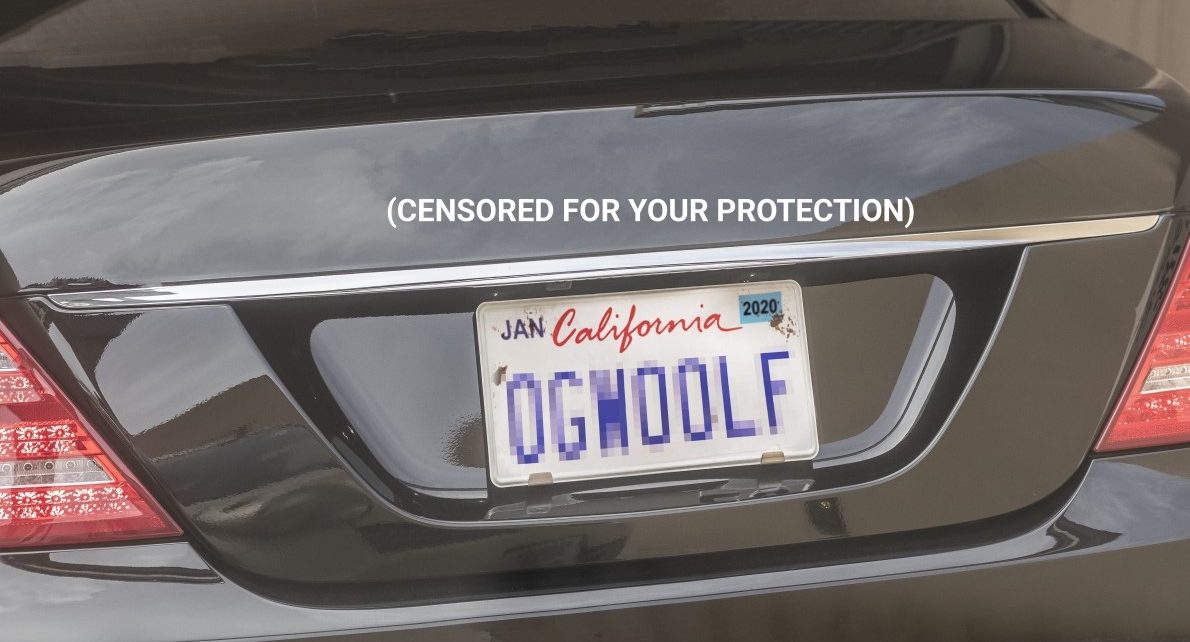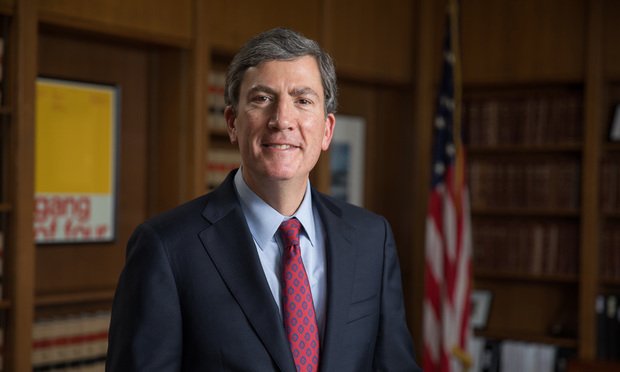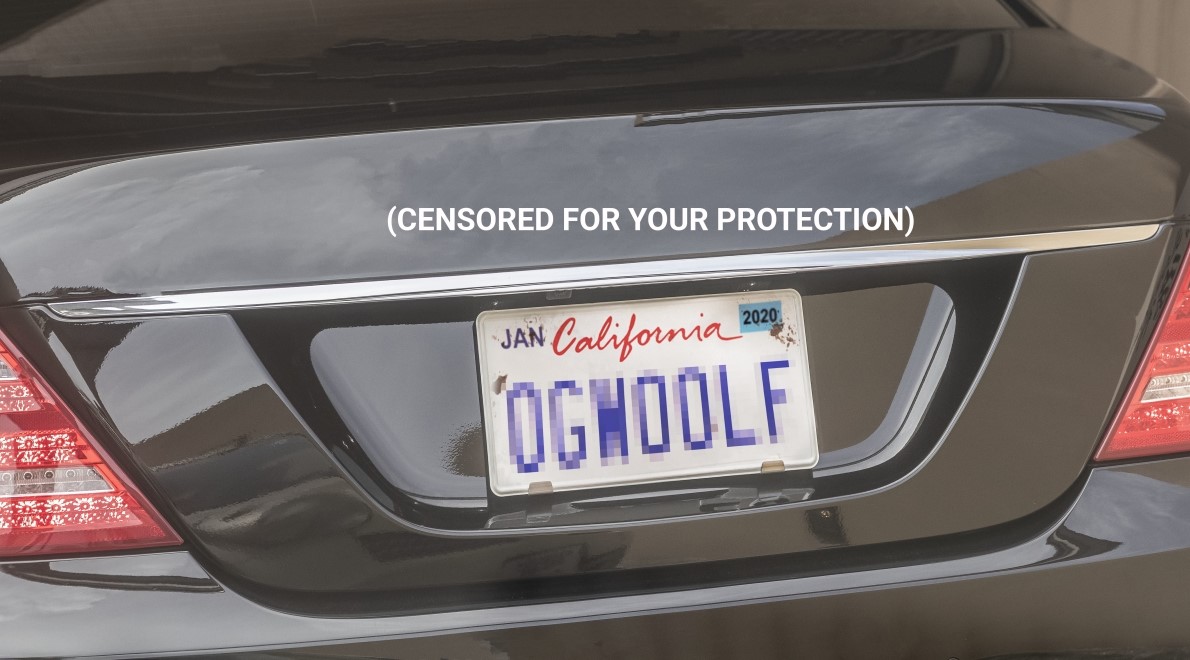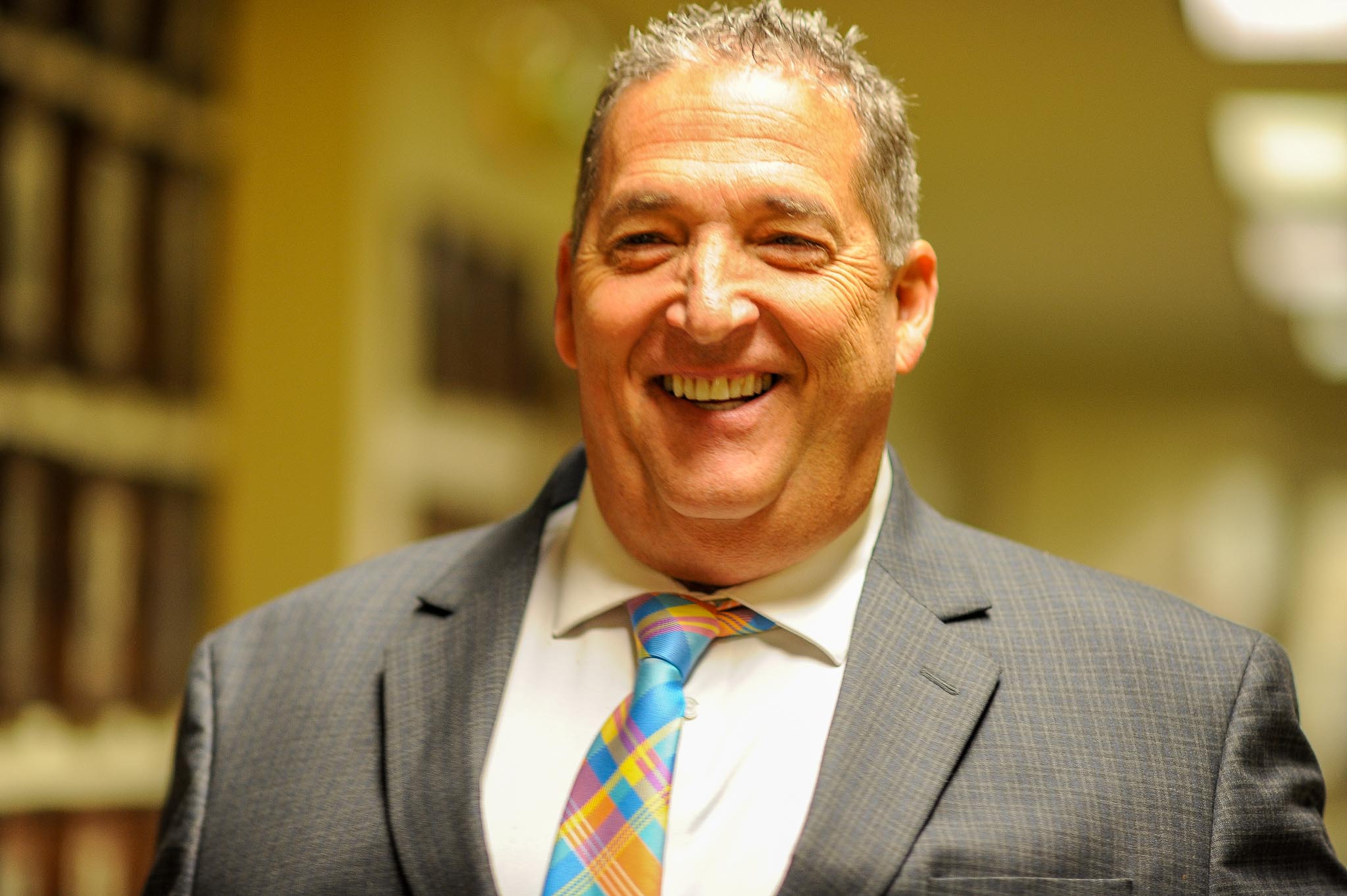
The plate at the center of Ogilvie v. Gordon. (Photo: Pacific Legal Foundation)
Court Finds Restrictions of ‘Offensive’ California License Plates Unconstitutional
DMV found very inconsistent in how they approved or rejected ‘offensive’ license plates
By Evan Symon, November 24, 2020 4:14 pm
On Tuesday, the U.S. District Court for the Northern District of California in San Francisco ruled against the California Department of Motor Vehicles (DMV) and found that their restriction of personalized license plates that it considers “offensive to good taste and decency” is unconstitutional.
Ogilvie v. Gordon has been in several courts in California since March, and had been approved for District Court since July.
The plaintiffs, represented by the Pacific Legal Foundation (PLF) had sued the DMV for violating the First Amendment, with the freedom of speech being specifically noted in the lawsuit.
“This broad and vague regulation requires four full-time DMV administrators police license plate applications,” noted the lawsuit. ‘Those denials deprive plaintiffs their right to freedom of speech, in violation of the First Amendment to the United States Constitution.”
However, the DMV said that the system is in place to stop potentially offensive words and phrases, despite it causing one out of every nine plates to be rejected and costing the state around $1 million each year in lost specialized license plate fees.
The PLF noted in the lawsuit that many who were rejected had been rejected for unusual or ignorant reasonings.
The named client in the lawsuit, Paul “Chris” Ogilvie of Concord, applied for a plate reading “OGWOOLF”, a combination of two of Ogilvie’s nicknames from serving in the Army. However, the DMV rejected the plate, saying that it was offensive to good taste and decency because the letters “OG” stand for “original gangster” and have gang connotations.
Others in the lawsuit had other unusual rejections.
Amrit Kohli, a musician and owner of Queer Folks Records, wanted to reclaim the word “queer” for the LGBT community, but had a “QUEER” plate rejected for being insulting, degrading or expressive of contempt.
A fan of the band Slayer had a “SLAAYRR” license rejected for being threatening, aggressive or hostile.
And Paul Crawford, a UK immigrant and owner of Shakespeare Pub in San Diego, applied for a plate reading “BO11LUX”, but had it rejected for sexual connotations, despite it’s usage in the license plate meaning “nonsense,” and the English swear word not translating to the same meaning in the U.S.
The District Court ruling, challenges ahead for the DMV

District Court Judge Jon Tigar found in his ruling that these rejections, as well as others, did in fact violate the First Amendment, with the DMV itself being very inconsistent in how they approved or rejected “offensive” plates. Judge Tigar summarily approved the Pacific Legal Foundation’s motion for summary judgement and rejected the defense’s motion.
“This is a great day for our clients and the 250,000 Californians that seek to express their messages on personalized license plates each year,” said PLF attorney Wen Fa after the ruling on Tuesday. “Vague bans on offensive speech allow bureaucrats to inject their subjective preferences and undermine the rule of law.”
The DMV itself now faces something of an overhaul of its personalized plate procedure.
“Odds are they’ll do what other states and countries do and have them give a reason for the plate instead of the yes/no system that was just struck down in court,” constitutional lawyer John Raines told the Globe. “Most plate restrictions are gone, although, of course, the obvious ones are still likely automatic. And don’t forget, they’ll likely appeal.”
“But, should this all stand, the DMV will need a more rigorous standard now. They can’t just reject names or phrases because they sound bad. If people give proof, or even simply give a legitimate reason, we’ll see most plates out there.”
“It was clearly a violation of the First Amendment, cost the state money each year, and really, all at the expense of some who just read too much in to them? If anything, their uniqueness makes it much easier for people to remember should a crime happen and their car needs to be reported. And the court found in favor.”
The DMV has yet to appeal the ruling on Tuesday, although it is likely to be announced in the near future.
- Bill to Require Law Enforcement Disclosure if AI Was Used To Help Write Reports - August 7, 2025
- Gov. Newsom Files FOIA Request To ‘Expose True Cost’ Of L.A. Federal Troop Deployment for Anti-ICE Riots - August 6, 2025
- California Redistricting: How Newsom’s Plan Will Demolish Hard Fought GOP Gains - August 6, 2025




